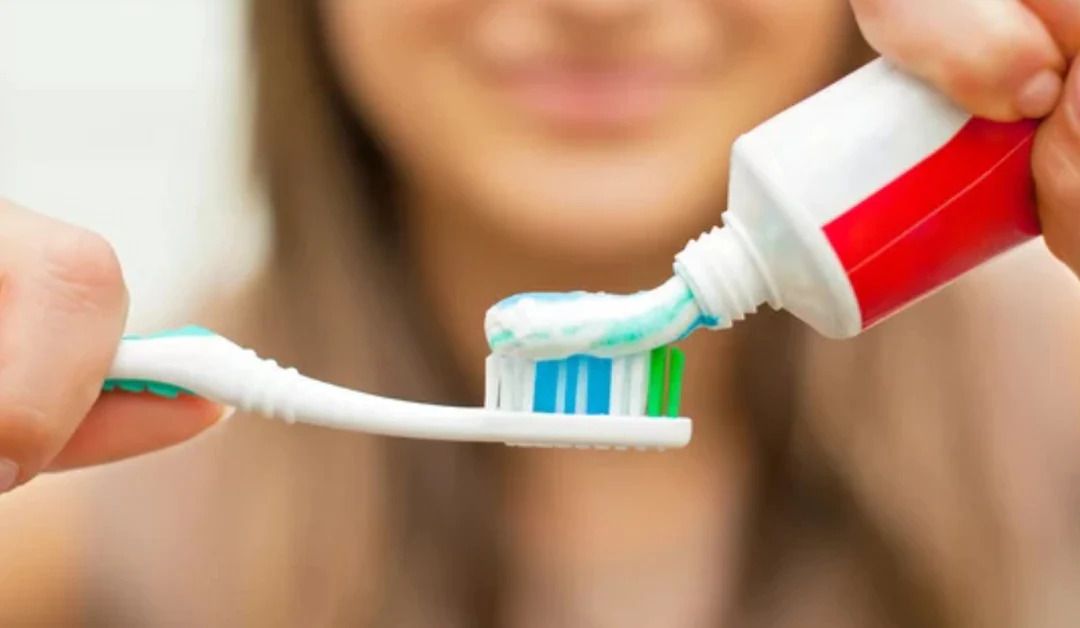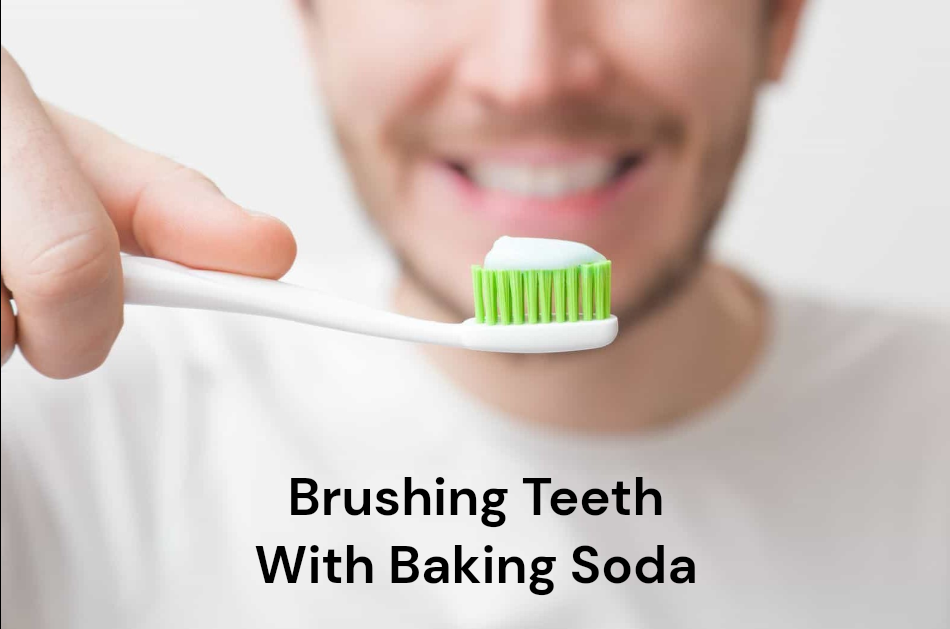Are you suffering from a toothache and in need of immediate relief? Look no further! In this comprehensive guide, we will explore various toothache remedies that can help alleviate your pain and provide temporary relief. From easy-to-find home remedies to simple techniques, we'll cover everything you need to know about managing toothache pain.
Understanding Toothache Pain and Its Causes
Toothache pain can be excruciating and is often caused by factors such as tooth decay, gum disease, or an abscessed tooth. When the nerves in your tooth become irritated or infected, they send pain signals to your brain, resulting in toothache pain. It's essential to address the underlying cause of the toothache to find long-term relief from dental pain.
Effective Toothache Remedies
Cold Compresses for Immediate Pain Relief
A cold compress is a simple and effective way to reduce swelling and numb the affected area. Gently wrap a few ice cubes in a thin cloth and carefully apply the compress to the outer area of your cheek, near the tooth causing discomfort. Leave it on for 15 minutes, then take a break for 10 minutes before reapplying. This technique can provide temporary relief from toothache pain.
Saltwater Rinse for Oral Discomfort
Saltwater rinses have been used for centuries as a natural remedy for oral pain and discomfort. Dissolve half a teaspoon of salt in eight ounces of warm water and use it as a mouthwash. Gargle with the solution for 30 seconds, making sure to swish it around the affected area. Saltwater rinses can help reduce inflammation and kill bacteria, providing temporary relief.
Clove Oil for Numbing Pain
Clove oil contains eugenol, a natural compound with analgesic properties that can help relieve toothache pain. To alleviate discomfort, place a small amount of clove oil on a cotton ball and apply gentle pressure to the affected tooth and gums. Alternatively, mix a few drops of clove oil with a carrier oil, such as olive oil, and apply it using a cotton swab. However, use clove oil sparingly and avoid direct contact with your tongue or gums.
Warm Peppermint Tea Bag for Soothing Effect
Peppermint tea bags can provide soothing relief for toothache pain. Steep a tea bag in hot water for a few minutes, then let it cool down slightly. Place the warm tea bag on the affected area, gently pressing it against the tooth and gums. The menthol in peppermint has mild analgesic properties that can help reduce inflammation and temporarily relieve pain.
Warm Salt Water as an Antiseptic Rinse
A warm salt water rinse can act as a natural antiseptic and help reduce oral bacteria. Dissolve half a teaspoon of salt in eight ounces of warm water and stir until the salt is completely dissolved. Swish the solution around your mouth for 30 seconds, focusing on the affected area. Spit out the solution and repeat it several times a day. This remedy can provide temporary relief and promote healing.
Aloe Vera Gel for its Healing Properties
Aloe vera gel is known for its soothing and healing properties. It can help reduce inflammation and promote the healing of oral wounds. Apply a small amount of pure aloe vera gel directly to the affected tooth or gums. Repeat this several times a day or as needed to alleviate discomfort.
Essential Oils for Pain Relief
Certain essential oils possess anti-inflammatory and analgesic properties that can help relieve toothache pain. Mix a few drops of essential oil, such as peppermint, clove, or tea tree oil, with a carrier oil like coconut oil. Apply the mixture to a cotton ball and gently dab it on the affected tooth and gums. Be cautious not to swallow the mixture and discontinue use if irritation occurs.
When to Seek Professional Help
While these toothache remedies can provide temporary relief, it's crucial to consult a dentist if your toothache persists for more than a day or is accompanied by other concerning symptoms. A dentist can diagnose the underlying cause of your toothache and provide appropriate treatment. Remember, these home remedies for toothache are meant to alleviate pain temporarily and should be used in conjunction with professional dental care.


How can I prevent toothaches?
To ward off toothaches, it is crucial to uphold effective oral hygiene practices. This includes brushing your teeth twice daily, daily flossing, and regularly visiting your dentist for check-ups and cleanings. Additionally, it is advisable to steer clear of sugary foods and drinks, quit smoking, and wear a mouthguard during sports activities. These measures can play a pivotal role in preventing toothaches and maintaining optimal dental health.
How long should I wait before seeking professional help for a toothache?
If you have a toothache that lasts longer than a day or is accompanied by other concerning symptoms such as fever, swelling, or difficulty swallowing, it's recommended to seek professional dental help as soon as possible. Delaying treatment may worsen the underlying condition and lead to more severe complications.
Can over-the-counter pain relievers help with toothache pain?
Toothache pain can be temporarily relieved by over-the-counter pain relievers like ibuprofen or acetaminophen. Remember to follow the recommended dosage instructions on the packaging, and if you have any concerns or underlying health conditions, consult a healthcare professional.
Should I use a numbing gel or ointment for toothache relief?
Numbing gels or ointments containing benzocaine can help temporarily relieve tooth pain, numb the affected area and provide toothache relief. However, it's important to use them sparingly and according to the instructions, as excessive use can cause unwanted side effects. Consult with a dentist if you have persistent toothache pain.
Can a toothache go away on its own?
While some mild toothaches may subside on their own, it's not advisable to ignore persistent toothache pain. Toothaches are often a sign of an underlying dental issue that needs professional attention. It's best to consult with a dentist to determine the cause of the toothache and receive appropriate treatment.
Can a toothache be a sign of a more serious dental problem?
Yes, a toothache can be a sign of various dental problems, including tooth decay, gum disease, a cracked tooth, or an abscessed tooth. If left untreated, these conditions can lead to further complications and potentially affect your overall oral health. It's essential to seek professional dental care for an accurate diagnosis and appropriate treatment.
Are there any home remedies I should avoid for toothache relief?
While certain home remedies can provide temporary toothache relief, it's important to exercise caution and avoid any remedies that may worsen the situation. Avoid placing aspirin directly on the affected area, as this can cause chemical burns. Also, be cautious when applying strong essential oils directly to the gums, as they can cause irritation. If in doubt, consult with a healthcare professional or dentist.

In conclusion, toothache pain can be debilitating, but various home remedies can provide temporary relief. From cold compresses to natural antiseptics and essential oils, these toothache pain relief remedies can help alleviate your discomfort until you can seek professional dental care. Remember to practice good oral hygiene and visit your dentist regularly to prevent toothaches and maintain optimal oral health.
Disclaimer: The information provided in this article is for informational purposes only and should not replace professional medical or dental advice. Always consult with a healthcare professional or dentist for personalized recommendations and treatment options.












